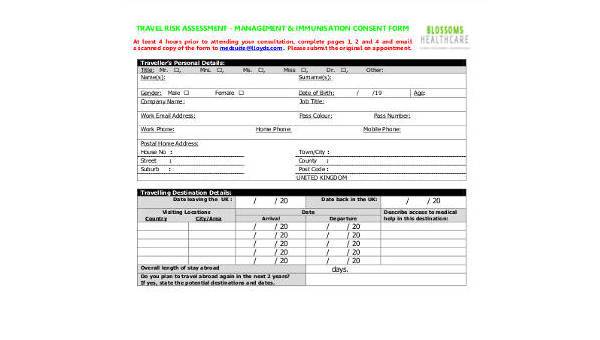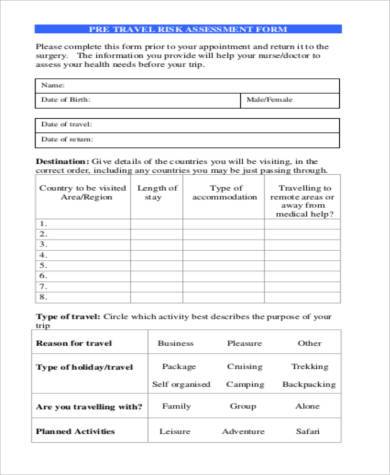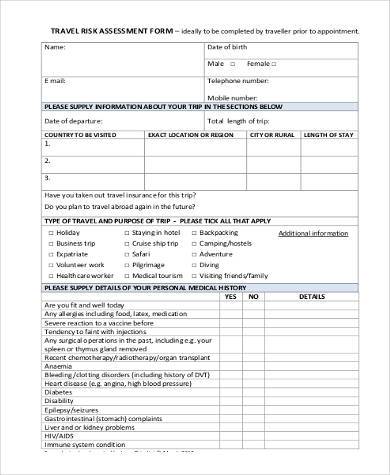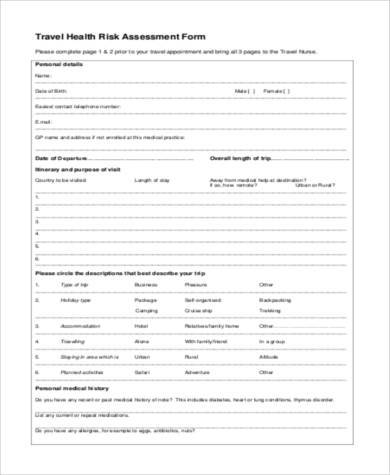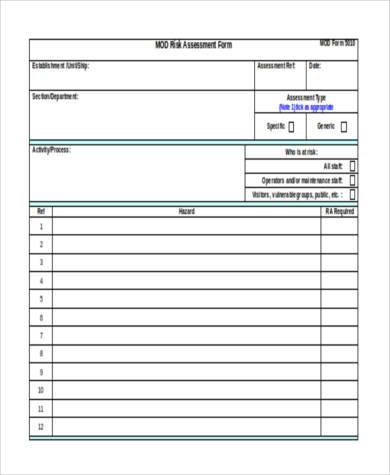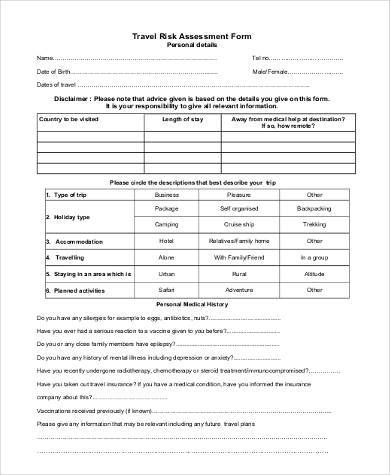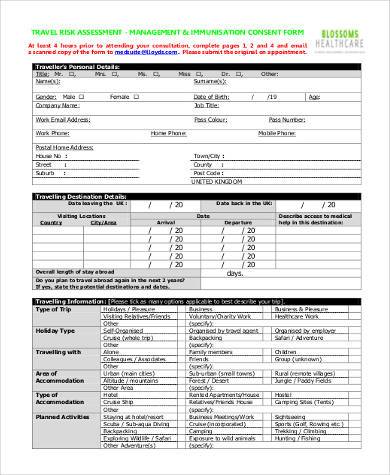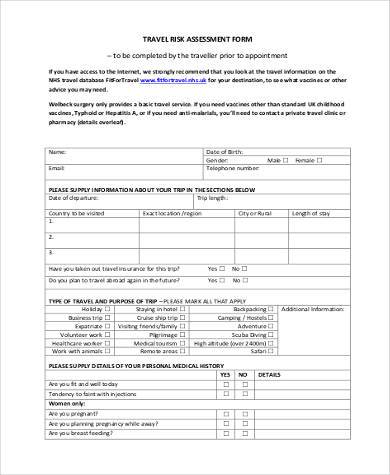One of the most popular pastimes of people around the world is traveling. Looking back on ancient times, the cavemen couldn’t stay put in one place; they would move from one location to another. This alone is proof that basically people are innately curious and adventurous. People tend to roam around, especially in unknown territory. The next thing that comes to mind is how often do people take time to travel or go on trips. Majority of the Western people prefer to travel to places wherein the amount of money they have set aside 10 years ago can still be spent to travel at present. Statistically, 88 percent of them traveled overseas between one to three times a year; 94 percent were between ages 18-30 and 30 percent traveled solo; and the majority traveled in Europe, North America and Australia/New Zealand. Are there any risks involved when people travel? As much as we wouldn’t want to discuss risks, these are a very real likelihood. One way to protect oneself from any danger is to know the different kinds of Risk Assessment Forms made available for anyone who might need one.
Pre-Travel Risk Assessment Form
Travel Risk Assessment Form in PDF
Another major concern for any individual who loves traveling is their health. Are people conscious enough to know whether they are physically fit to travel? You could say some are, but others don’t care for as long as they enjoy the simple pleasures that go with it. This shouldn’t be the case because, according to some reports, 98 percent who belong to the younger group ranked “eating local cuisine” as something that was very important (more than 5 out of 10) when they traveled. In fact, 37 percent of millennials avoid junk food when traveling.
Keeping fit was a priority for 14 percent of millennial travelers, while only 11 percent responded that they didn’t exercise at all while traveling (most probably walked a lot and considered it as a form of exercise). Needless to say, every person must secure any of our Health Risk Assessment Forms just to be prepared at all times. It is better to be safe than sorry.
Travel Health Risk Assessment Form
Army Travel Risk Assessment Form
Business Travel Risk Assessment Form
Free Travel Risk Assessment Form
Travel Risk Assessment Form Example
Although the incidences of suicide occurring on trips both domestically and internationally is relatively low, the Scale for Suicide Ideation (SSI) was developed in 1979 to quantify intensity in suicide ideators compared to the Modified Scale for Suicide Ideation (MSSI), which uses the same 13 suicide ideators from the SSI but adds 5 more new ideators. The modifications increased both reliability and validity. Key areas to be assessed include the person’s predisposition to suicidal behavior: identifiable precipitant or stressors such as job loss, recent death of a loved one, and change of residence; feeling of hopelessness; nature of suicidal thinking; previous suicidal behavior; impulsiveness and self-control; and protective factors, to name a few.
Suicide Risk Assessment Forms were developed to prevent higher incidence of suicide attempts because suicide risk assessment is often integrated with assessment of self-harm, which has overlapped a little with completed suicide. Instead, it is suggested that the emotional state which has caused the suicidal thoughts, feelings, or behavior should be the focus of assessment with a view toward helping the patient rather than reducing the anxiety of a clinician who overestimates the risk of suicide.
Related Posts Here
-
Waiting List Form
-
Restaurant Schedule Form
-
Mobile Home Bill of Sale
-
Landlord Consent Form
-
60-Day Notice to Vacate Form
-
Financial Statement Form
-
Product Evaluation Form
-
Construction Contract
-
School Receipt Form
-
Restaurant Training Form
-
Daily Cash Log
-
Volleyball Evaluation Form
-
Holding Deposit Agreement Form
-
License Agreement Short Form
-
Fund Transfer Form
